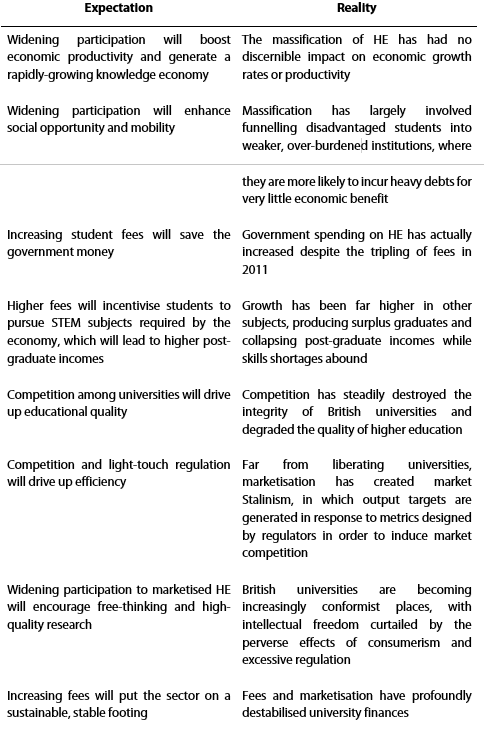"Debunking the Myth of ‘Debt-trap Diplomacy’: How Recipient Countries Shape China’s Belt and Road Initiative."
It contains detailed case studies of #Malaysia & #SriLanka.
chathamhouse.org/publication/de…
1/23
2/23
3/23
First, it gets China wrong.
We show that the #BRI is primarily economically motivated, as a spatial fix for a deep crisis within Chinese capitalism. It's designed to soak up surplus capacity & capital.
4/23
5/23
This alone suggests we need to rule out cock-up before we assume conspiracy.
6/23
Even if China had a secret blueprint for world domination (which it doesn't - even unofficial maps were banned in 2017), it can't build anything at all without recipients' agreement.
7/23
They might contract #BRI projects out of need, or greed (h/t @bill_hayton). They need infrastructure to grow their economies, maintain social stability and bolster their performance legitimacy.
8/23
- Extract kickbacks
- Funnel projects to politically important communities
- Insert client companies into joint ventures
- Get side-payments to important groups in ruling coalitions (e.g. military aid)
9/23
1) Primarily economic motives & struggles on the Chinese side
*AND*
2) Political economy and social conflict dynamics on the recipient side.
*Together* these shape project design, selection, implementation and outcomes.
10/23
#SriLanka's Hambantota Port is cited as *the* case of #DebtTrapDiplomacy par excellence.
Except it's not.
HP wasn't pushed on SL by China, it was conceived by SL elites, egged on by Chinese SOEs.
11/23
Nor did SL fall into a Chinese "debt trap".
SL did experience debt crisis. But only c.6% of its debt was owed to China.
12/23
And nor did China exploit this situation for a "debt-for-equity swap", seizing Hambantota Port.
13/23
Instead, a Chinese SOE agreed to invest $1.2bn in SL so SL could pay off pressing loans to *other* creditors.
14/23
And can China's navy use the port, as pundits suggested?
Nope.
That's specifically forbidden in the lease agreement.
15/23
No Chinese navy ships have even called at HP. Conversely, Indian, Japanese and US vessels have.
So, in short, everything most people "know" about Hambantota is a myth.
16/23
In reality, *every* major project involving Chinese investors was initiated by Malaysian actors, many of them private businesses.
17/23
19/23
20/23
Nonetheless, China naturally faced push-back from Najib's successors and was forced to renegotiate the ECRL.
21/23
22/23
It takes two to tango!
China cannot/ does not impose #BRI projects unilaterally. Recipient-country interests matter and shape BRI projects and their effects profoundly.
China, recipients and development actors, take note.
23/23



